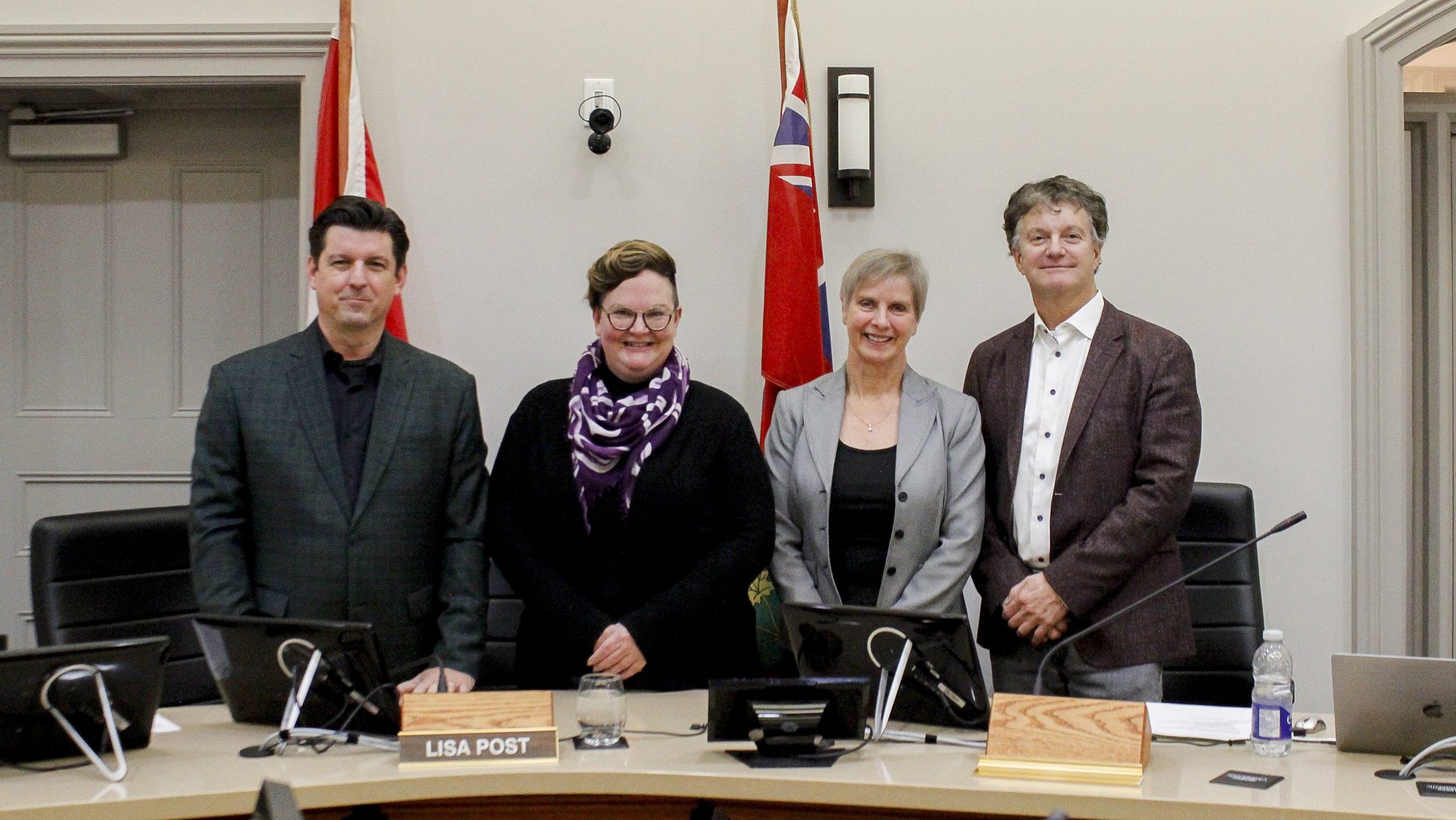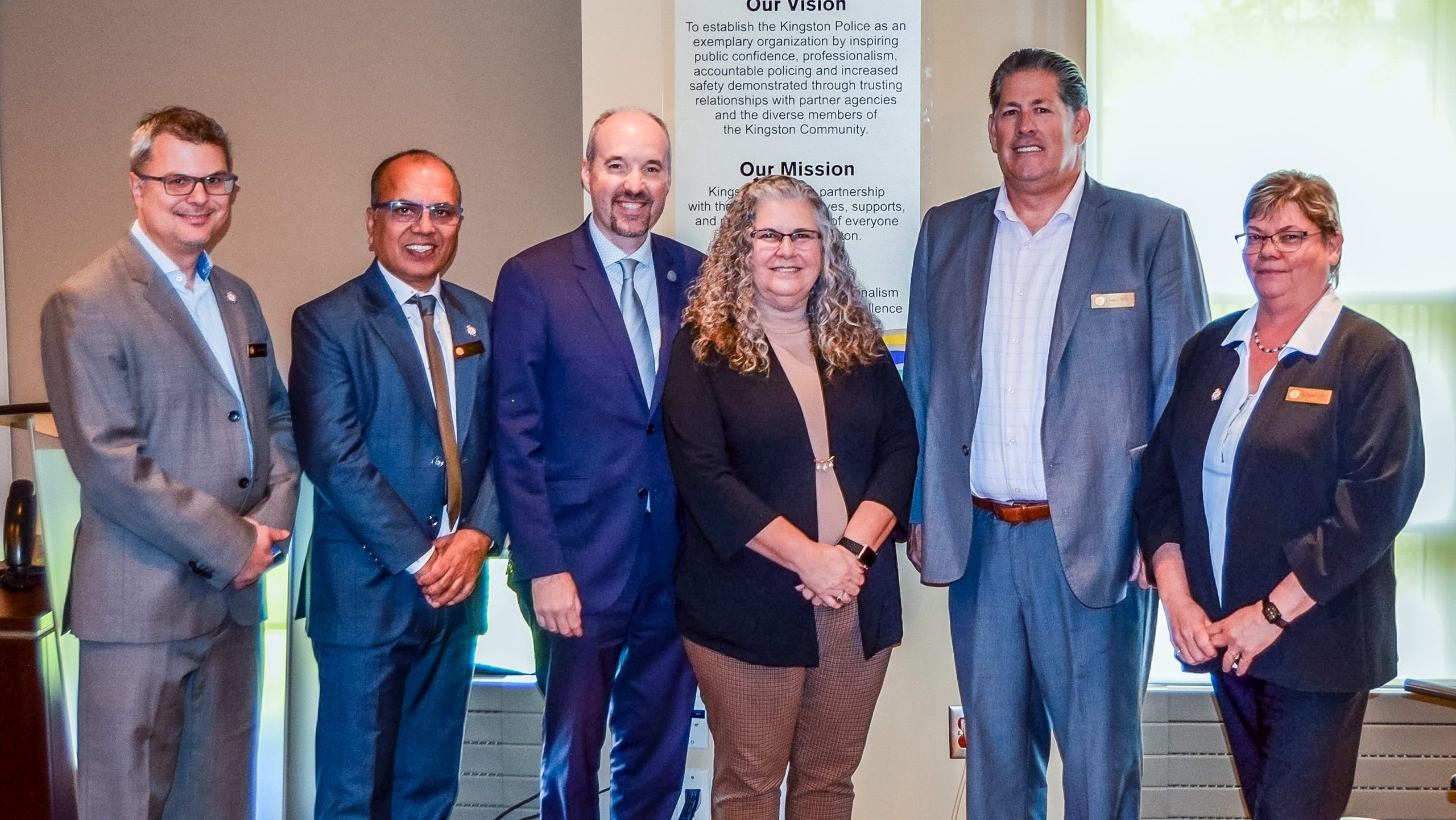For a municipality, the tension lies between their:
- Responsibility to maintain public parks for all its residents, and
- People who are unsheltered needing shelter and a place to sleep at night.
As the homelessness crisis continues and worsens in communities across Canada, some municipalities are deciding to file injunctions to enforce eviction orders for encampments of unsheltered people.
However, courts across the country have found, and case law is building, that encampments cannot be evicted under trespassing/camping bylaws if there is a lack of “reasonably available and suitable” alternative indoor spaces for the residents to shelter and in particular, overnight when they need to sleep. The rulings have stated that doing so would violate unsheltered residents’ rights under the Canadian Charter of Rights and Freedoms to life, security and liberty of the person.
The workaround municipalities currently use, by and large, is to find a single encampment/location, and specify that that is where people can go as an alternative, writing bylaws prohibiting encampments in other parks.
Here is how courts across Canada are ruling on removing homelessness encampments:
Ontario
June 2023 – Kingston
By June 29, 2023 the City of Kingston had filed an injunction application to the Ontario Superior Court of Justice for an order to being enforcing Parks By-Law Number 2009-76 to dismantle an encampment that has arisen in a portion of Belle Park to remove about 35 people living in an encampment.
On November 24, 2023 the court denied the request, ruling that removing the encampment would violate the rights afforded to encampment residents under the Canadian Charter of Rights and Freedoms.
Justice Ian Carter dismissed it (The Corporation of the City of Kingston v. Doe, 2023), saying not allowing people to shelter themselves overnight would violate charter rights and ordered that an exception be added to Kingston’s bylaw that “prohibition on camping does not apply to the erecting of temporary shelter in parks by homeless persons commencing one hour before sunset and ending one hour after sunrise.” Thus allowing nighttime, but not daytime tenting.
Waterloo Community Legal Services passed on their expertise to colleagues in Kingston, who asked that the bylaw be declared inoperative when the number of people without homes exceeds the number of accessible shelter beds.
Around 480 people are unsheltered in the City of Kingston.
It’s my hope that we can stop arguing these cases in courts and just recognize that displacing people from encampments is harmful and it’s a waste of municipal resources, and we need to focus on how to find people housing
Shannon Down, Executive Director of Waterloo Community Legal Services
The ruling did not say it would be unconstitutional to deny the right to shelter park during the day.
More: Homelessness in Kingston, Ontario – timeline of actions
January 2023 – Waterloo/Kitchener
The Region of Waterloo asked the court (The Regional Municipality of Waterloo v. Persons Unknown and to be Ascertained, 2023) to find that roughly 50 people living in a Kitchener encampment were in violation of its trespassing bylaw.
In January 2023, Ontario Superior Court of Justice Justice Michael J. Valente ruled the region’s bylaw relating to conduct on regionally-owned properties violates unsheltered residents’ rights under the Canadian Charter of Rights and Freedoms to life, security and liberty of the person. He dismissed the Region’s application for an injunction that would have allowed police to remove and detain people living unsheltered, allowing daytime and nighttime tenting.
Waterloo Community Legal Services lawyers, led by their Executive Director lawyer Shannon Down, helped win the precedent-setting ruling, preventing the eviction of a Kitchener tent city. They argued that not only did the region lack enough truly accessible shelter beds for everyone living outside here, but that forcefully evicting them would violate charter rights.
Around 1,700 people are unsheltered in the Region of Waterloo.
British Columbia
City of Prince George
In 2021, the City of Prince George, BC requested to enforce tent city evictions.
On Oct. 22, 2021, Honourable Chief Justice Christopher E. Hinkson ruled (Prince George (City) v. Stewart, 2021) that the homeless camp in Prince George, also known as Moccasin Flats, will be allowed to remain due to a lack of suitable alternatives for residents to move to, setting a precedent for future legal actions that look to dismantle homeless camps.
Weeks later, city crews demolished camp structures they believed were unused.
Vancouver Park Board
The Vancouver park board submitted an injunction request that would have allowed it to clear out the dozens of people living in tents in CRAB Park.
In January 2022, the BC Supreme Court refused (Bamberger v. Vancouver (Board of Parks and Recreation)) to grant the park board’s injunction requests, with Justice Matthew Kirchner’s decision stating:
Simply assuming that those sheltering in CRAB Park can find ‘another place to go,’ fails to accord the necessary priority to their rights and ensure minimal impairment of those rights.
It was incumbent on the general manager to satisfy herself that closing the last major public park in or near the Downtown Eastside to overnight sheltering would not adversely affect the petitioners’ ability to access the services and other facilities they need to survive.
He ruled that the argument that the encampment posted a safety risk to the public was unfounded. He also concluded that residents of the encampment were not granted adequate notice before the eviction orders were issued.
Those individuals have a right to notice and a right to be heard, as their rights, privileges, or interests are uniquely affected
Reasons given included:
- Adequate notice not given – The campers at CRAB Park were given no prior notice of this Order or an opportunity to express their views on it before it was made
- Lack of utility of the injunction – Ministerial orders and court injunctions effectively clear out a camp from one location but have not been effective in preventing the re-establishment of camps in another location.
- Decamping every morning is a substantial hardship – Decamping every morning and carrying their possessions throughout the day is a substantial hardship, particularly when enforced during the fall and winter months as the weather gets colder and wetter.
- Little evidence of harm – There is no (admissible) evidence of significant complaints from members of the public about the CRAB Park camp and no substantial concern about serious risks to the lives or the safety of persons in and around this camp.
2,095 people in Vancouver self-identify as homeless.
Bill C-45
Bill 45 would amend the two charters that outline how municipalities are governed in B.C. – the Community Charter and Vancouver Charter – to require municipalities to prove there is “reasonably available alternative shelter” for displaced residents before applying for an injunction to clear a homeless encampment.
Local governments requesting an injunction to remove an encampment would need to provide evidence that there is reasonably available shelter space to the quality outlined in the legislation.
Availability of shelter definition
The bill defines alternative shelter as:
For the purposes of enforcing, under section 334, a by-law against a person who is sheltering at an encampment while homeless, alternative shelter is reasonably available to the person and meets the basic needs of the person for shelter if
(a) the person may stay overnight at the shelter,
(b) the person has access to a bathroom and shower at or near the shelter,
(c) the person is offered without charge one meal a day at or near the shelter, and
(d) the shelter is staffed when persons are sheltering at the shelter.
Opposition to the bill
Municipalities
The Union of B.C. Municipalities (UBCM) and a coalition of B.C. lawyers and housing advocates are calling for Bill C-45 to be withdrawn, citing the following concerns:
- Currently, it is highly unlikely that any community in BC has sufficient shelter space for all unhoused persons, so there is reason to believe that it would be practically impossible for local governments seeking an injunction to meet this test.
- Since the provision of shelter is the responsibility and jurisdiction of the provincial government (and provided through BC Housing), local governments would need to rely on BC Housing to provide this data for a court decision.
- A likely unintended consequence of the amendment is that unhoused persons will be able to set up shelter in parks, sports fields, city halls, and sidewalks, knowing that local governments will not be granted an injunction for decampment. This can potentially lead to the establishment of long-term or permanent encampments in public spaces.
- Local governments will have one less tool to manage encampments, and the associated public safety, sanitation, and health concerns in the interim.
Bill 45 largely sets a lower standard for what is meant by ‘adequate shelter’ than courts have already done
B.C.’s Human Rights Commissioner Kasari Govender
Those who work with and for precariously housed people
In an open letter signed by a group of 161 community workers, volunteers, activists, legal professionals, academic researchers and others who work with and for precariously housed people, also opposed the bill as written, stating that it is inconsistent with the 8 principles in the National Protocol for Homeless Encampments in Canada and identified as a policy standard by the Office of the Federal Housing Advocate and facilitates forced evictions of tent cities:
- Recognize residents of homeless encampments as rights holders;
- Engage meaningfully with and ensure effective participation of encampment residents;
- Prohibit forced evictions of encampments;
- Explore all viable alternatives to eviction;
- Ensure that any relocation is human rights compliant;
- Ensure encampments meet basic needs of residents consistent with human rights;
- Ensure human rights-based goals and outcomes, and the preservation of dignity for encampment residents; and
- Respect, protect and fulfill the distinct rights of Indigenous peoples in all engagements with encampments.
Alberta
December 2023 – Edmonton
An agreement between Lawyers for the Coalition of Justice and Human Rights, the City of Edmonton and the Edmonton Police Service made regarding clearing 8 homeless encampments in Edmonton.
Police were required to satisfy 10 conditions:
- Only applies to eight encampments in question;
- Before clearing the encampments, city and/r the Edmonton Police Service will make sure there is sufficient shelter space or other indoor space;
- If not enough space, officers will close only if there’s a danger to public health and safety;
- City will consider the cold weather in decision making;
- City will advise agencies at earliest convenience about closure;
- Order does not impact ongoing wellness checks by city staff or fire services;
- Notice will be given again to residents; and
- Notice to include reason, date.
The order will remain in effect until a Jan. 11 injunction hearing.
There was nothing there that says we cannot close these encampments. We just have to reassess, probably reissue new notification to people living in them
It’s going to obviously impact whether we can work on all these encampments at once and I don’t think we can, so it’s going to slow things down. We’re still going to try and address some of the higher-risk encampments that we have and deal with the problems.
Deputy Chief Warren Driechel
Joshua Bell, who lived in encampments said in the year-and-a-half he lived in encampments, he experienced seven sweeps:
I’ve seen these tents get ripped down and thrown out like it’s nothing. Where are we supposed to go? What are we supposed to do?
Timeline
September 23, 2024 – Premier Doug Ford says Ontario will challenge the Waterloo court case
Ford also said he’s going to challenge a court ruling in Waterloo last year that said homeless people have the right to camp on public land.
If they’re healthy they shouldn’t be there. They should be out there working and we will find them housing. We’re going to challenge that court case because you can’t have people setting up encampments in beautiful neighbourhoods. They just can’t do it. It destroys the neighbourhoods.
Premier Doug Ford



Comments
We want to hear from you! Share your opinions below and remember to keep it respectful. Please read our Community Guidelines before participating.